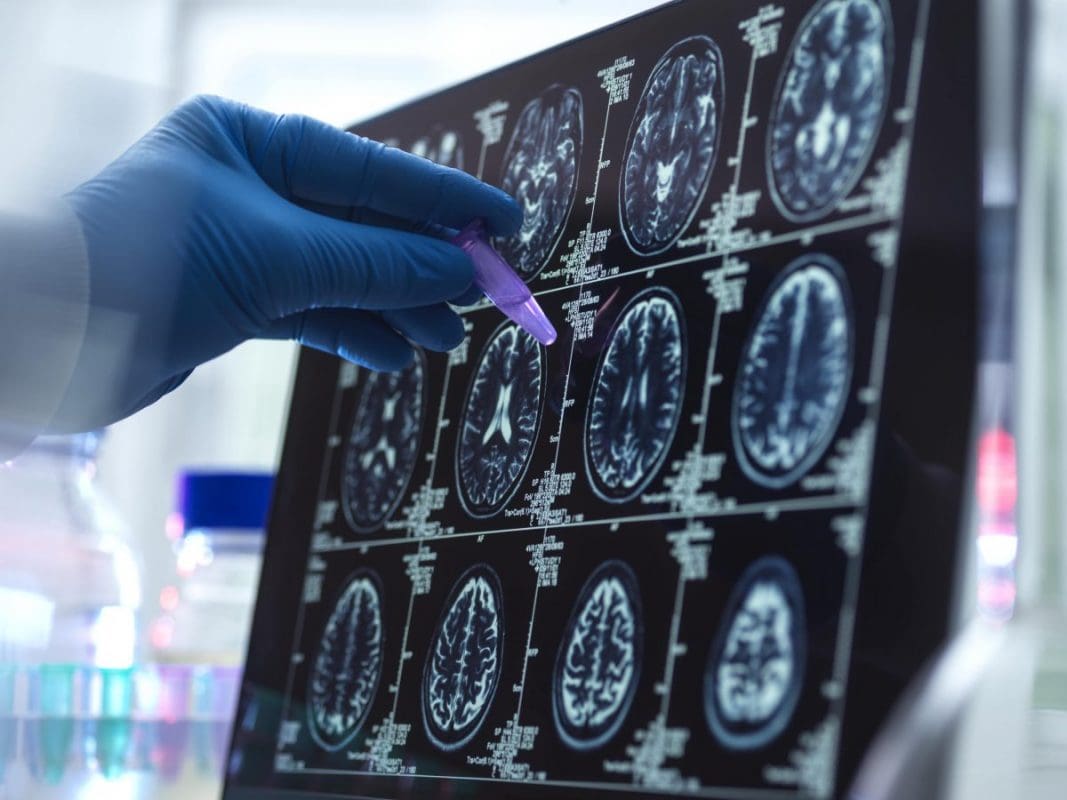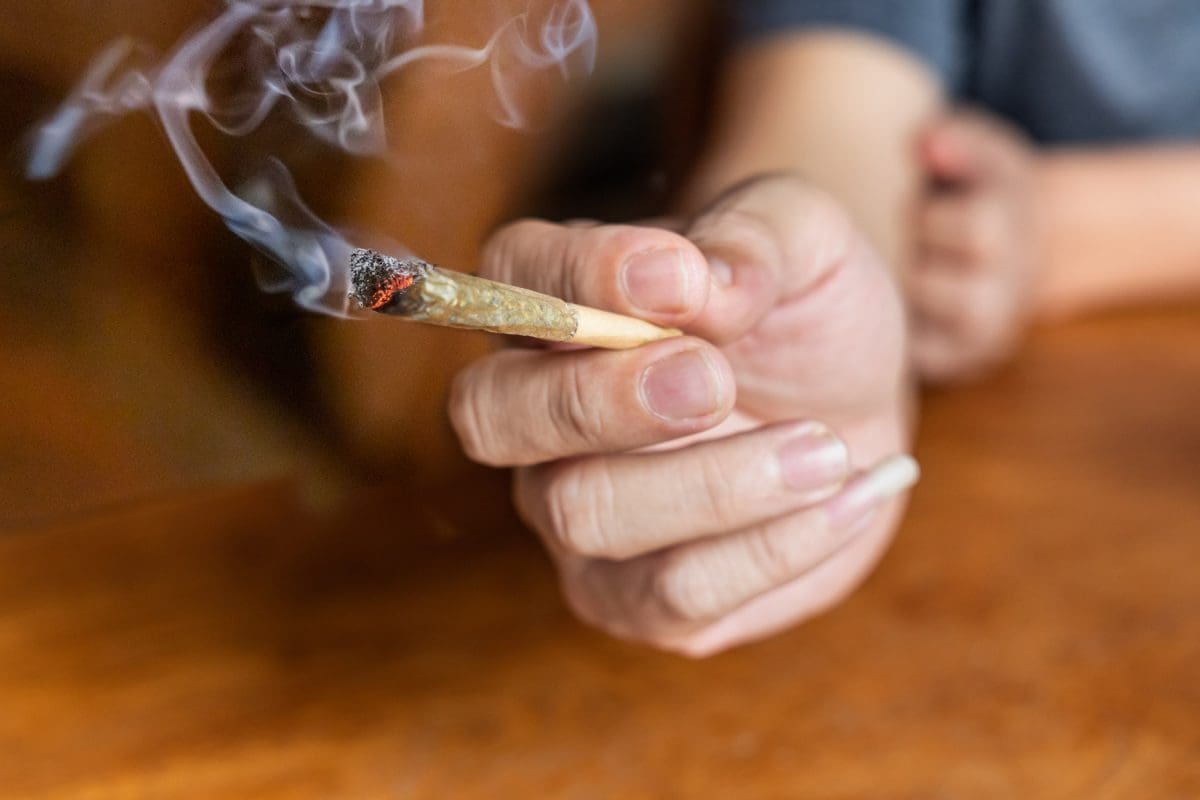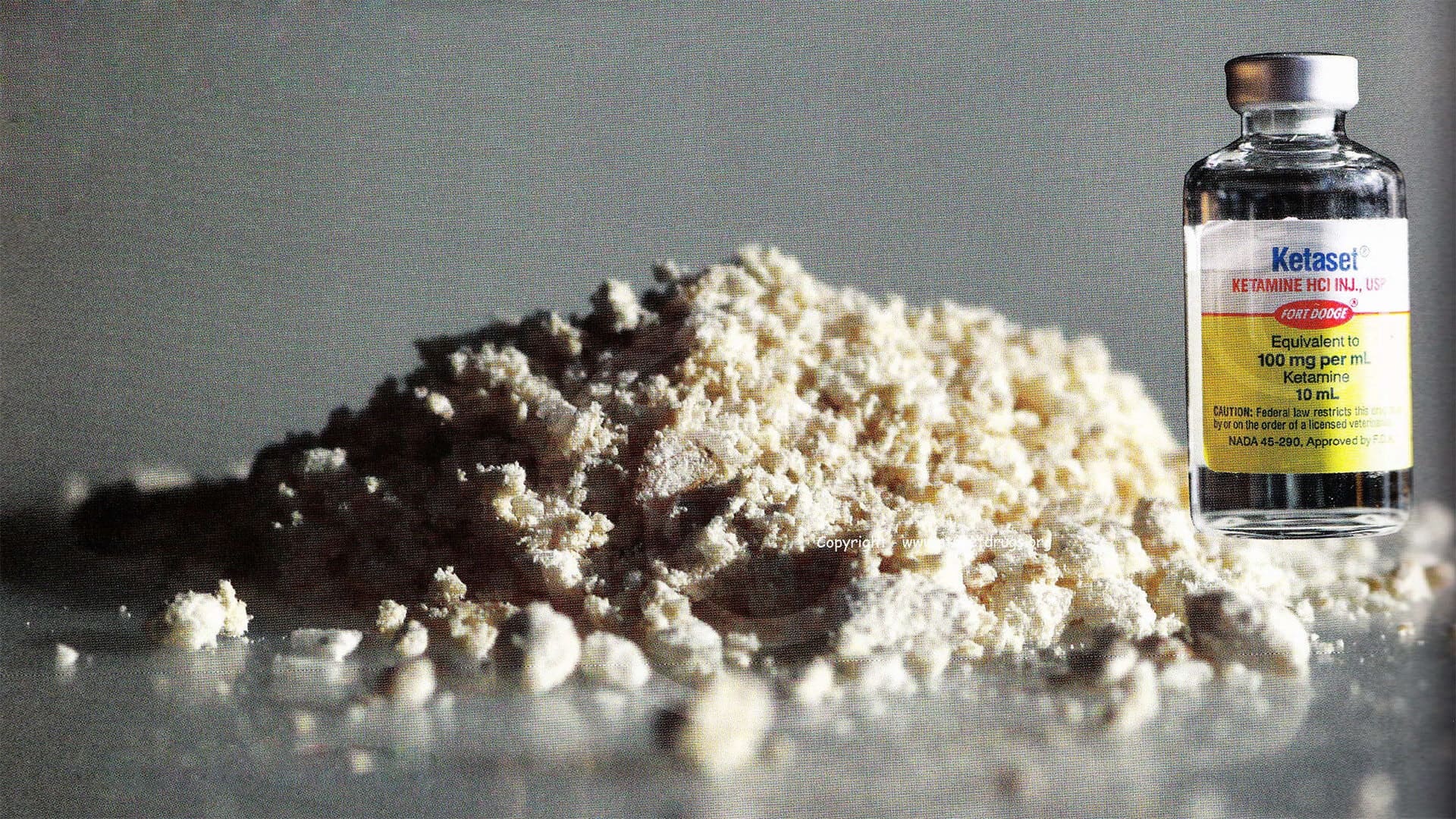“We all need to get away from time to time from problems we have. Whether that’s addiction problems, work-life balance issues, or excessive pressure on you. This is the perfect facility for that purpose.”
Ecstasy Addiction
At Delamere, we specialise in the comprehensive treatment of all manner of addictions, including ecstasy addiction. Our rehab centre in rural Cheshire provides guests with a supportive environment in which they can stop, heal, and grow from addiction.


Help for ecstasy addiction at Delamere
Repeated use of ecstasy can lead the brain to become chemically damaged and structurally altered, interfering with the brain’s natural pleasure/reward system. When this happens the brain creates new pathways to prioritise the seeking and taking of ecstasy, regardless of any negative consequences that occur. At Delamere, we provide guests with a safe space to complete an ecstasy detox and rehabilitation programme. If you have concerns about ecstasy use and need addiction treatment, we’re here to help.
Our 4-phase program is intensive and designed to uncover the root cause of ecstasy addiction for individuals or loved ones seeking treatment. The Delamere team is the real heart of our clinic. Providing guests with unwavering emotional and physical support, our team includes doctors, 24-hour on-site nurses, counsellors, and support staff, some of whom have experienced their own journeys with addiction and are passionate about helping others heal from addiction.
Growing beyond addiction

“Delamere focuses on equipping you with the tools to love sobriety and understand what led to the addiction in the first place which really helped me grow.” – Former Delamere guest
View Our Treatment Model View our Environment Call now: 0330 111 2015
When to seek ecstasy addiction treatment
Whilst there is little research and evidence to support ecstasy causing physical drug dependence, there is no doubt that ecstasy addiction exists.
Ecstasy rehab is available at Delamere in our purpose-built rehabilitation facility in Cheshire. We believe that with the right treatment, tools and support, anyone can overcome and grow from addiction.
These are some of the signs of an ecstasy addiction:
- Extreme euphoria.
- Unusual expressions of love towards strangers and acquaintances.
- Trance like state.
- Enhanced senses of touch, taste, smell, sound, and sight.
- Hallucinations.


The Delamere approach to ecstasy addiction treatment
An inpatient stay at Delamere is a deliberately intensive 4-phase ecstasy addiction treatment, one which we have crafted over time and has helped many participants recover. Our emphasis is on holistic care to treat addiction and associated issues. This means that we treat the whole person rather than just the symptoms they present with. We believe that successful treatment runs far deeper than simply stopping the addictive substance or behaviour.
Our approach at Delamere comprises 4 core phases: Stop, Start, Grow, & Bloom. Everything we offer at Delamere aims at effective and lasting outcomes in addiction treatment:
How to encourage a loved one to get ecstasy addiction treatment
Living with someone in denial about their ecstasy addiction can leave you feeling extremely lonely and helpless. At Delamere, we provide family support services to help you understand what your options are, how Delamere can help, and next steps.
We also offer intervention services either on-or off-site to help your loved one face the problem and encourage them to receive ecstasy addiction treatment, taking the time to understand what is happening and help prepare and rehearse a formal intervention. If you are considering organising an intervention for your loved one, friend, or colleague, contact Delamere today.
Frequently asked questions about ecstasy addiction
In short, yes ecstasy is addictive. Addiction is created through repeated exposure to a substance or activity that induces profound euphoric effects. In this sense, ecstasy is no different to any other drug. Ecstasy addiction can cause drug tolerance, leading an individual who frequently uses the drug to require more and more in order to gain the desired effects. The amount that an ecstasy addict can regularly consume would likely kill someone who is new to the drug.
At Delamere, we offer leading treatment programmes that take into account factors such as the guest’s age, the nature of the symptoms displayed, and their severity. It’s a highly individual approach that is having marked success, often including 1-1 counselling sessions, recovery mentor sessions, support group activity, and a range of holistic therapies such as somatic healing and breathwork.
Let us help you today
Start your recovery journey by contacting us today.
Confidential. Straightforward. Friendly.
Help and Support for Ecstasy Addiction Recovery
Discover more advice on the Delamere blog
-
What really happens to the brain and body when you take ketamine?
Find out what really happens to the brain & body when you take ketamine? LBC came to Delamere to speak about the increasing harm associated with ketamine use.
-
Cannabis is no longer just a ‘gateway drug’
A recent study shows that cannabis use increases the risk of paranoia & poor mental health outcomes. Find out more at Delamere.
-
Everything you need to know about ketamine bladder
What is ketamine bladder? Find out everything you need to know about ketamine bladder at Delamere Health.
-
Paying the price for a party: How cocaine can affect the brain
Delamere takes a look at how cocaine can affect the brain. Read our blog, Paying the price for a party.





















